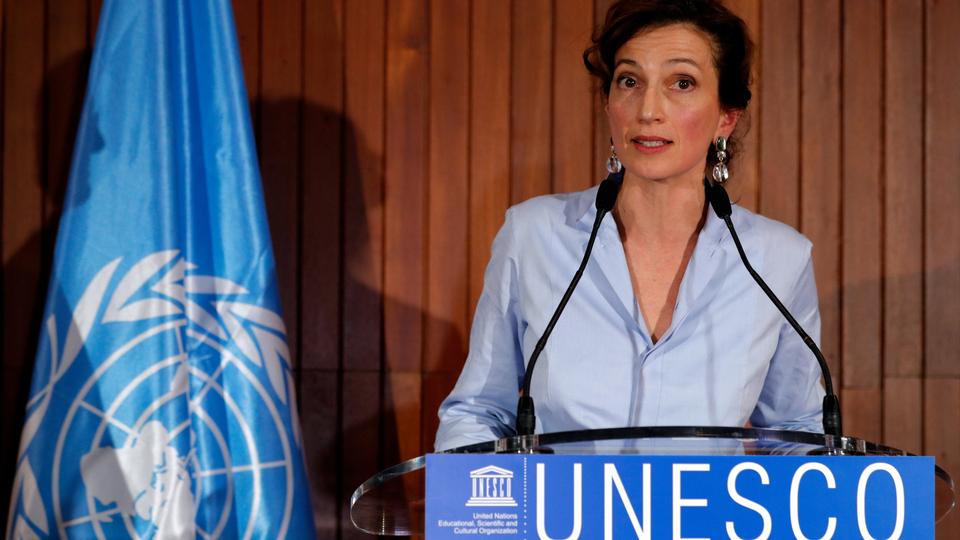|
Getting your Trinity Audio player ready...
|
Writes Marlvin Ngiza
The United Nations Educational, Scientific and Cultural Organization (UNESCO) has endorsed better recognition of all stakeholders that have been committed to improving universal literacy saying it is crucial for the development of societies. However, there are concerns that literacy challenges still persist due to the COVID-19 pandemic, climate change, conflicts, and economic hardships in other countries.
This comes as the globe commemorated the International Literacy Day (ILD) which is an 8 September annual observance with this year’s theme being “Promoting literacy for a world in transition: Building the foundation for sustainable and peaceful societies”.
According to UNESCO, at least 763 million young people and adults lacked basic literacy skills in 2020 around the globe.
In a message to mark the event, UNESCO Director-General Ms Audrey Azoulay said that literacy was an effective tool for meaningful participation in civic life and successful integration into the society among others.
“Literacy is indeed much more than merely learning letters and words. It transforms the drops of ink on paper into windows on the world; it is the key that opens the door to knowledge, emancipation, and imagination. Beyond the benefits for the individual though, society as a whole benefits from progress in literacy. It is a passport to communication with others, thereby strengthening understanding within and between peoples; it also enables everyone to integrate into society and strengthens participation in civic life.
“If literacy is a victory for humanity, it is a fragile one: there is always the possibility of a relapse. Let this International Literacy Day be a reminder of this – and an opportunity to honour all those who are dedicated to making universal literacy a reality, not just a goal,” said Azoulay.
Azoulay further revealed that although global literacy has registered a positive improvement in the past decades, there were some grey areas that needed great attention.
“In the space of 40 years, significant progress has been made: 3.6 billion people have learned to read and write, raising the global literacy rate from 68% in 1979 to 87% in 2020. However, the current situation is still rife with injustice and inequality. At the halfway point in the 2030 Agenda for Sustainable Development, 244 million school-age children are still not in school, 98 million of them in sub-Saharan Africa. At the same time, 763 million adults still cannot read or write – two-thirds of them women. Over and above illiteracy, learning gaps still too often lead to incomplete literacy: six out of ten children attending school at the age of ten cannot read and understand a simple,” added Azoulay
In low and middle-income countries, the share of 10-year-old children who could not read and understand a simple text with comprehension has increased from 57 percent in 2019 to an estimated 70 percent in 2022.
Since 1967, International Literacy Day (ILD) celebrations have taken place annually around the world to remind the public of the importance of literacy as a matter of dignity and human rights, and to advance the literacy agenda towards a more literate and sustainable society.
UNESCO has immensely supported literacy efforts in countries all over the world with particular attention to crisis situations, where the fundamental right to learn to read and write was under threat.
In Afghanistan, UNESCO successfully led a major literacy campaign that benefited 1.2 million young Afghan men and women since 2008.






